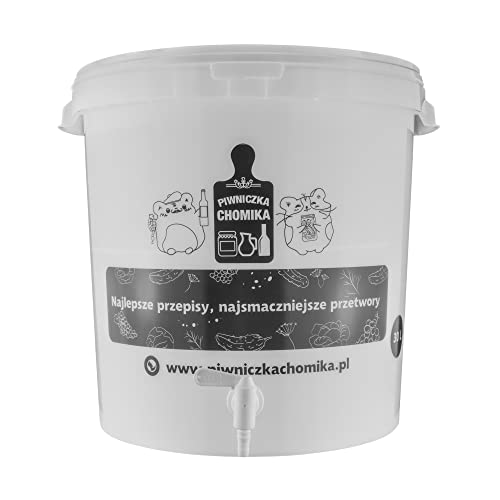when calculated my 3v bhe has been high 70's low 80's using a simple batch sparge, granted by habit i always throw in an extra handful of un-weighed grain into the tun as a rule of thumb counter for the mythical loss of efficiency due to the batch sparge..
When it comes to sparging i simply heat upto my sparge temp 78c-82c usually depending on time of year, and top up the tun to the brim before giving it a good mix in..
20-30 minutes later i drain the tun into the kettle and measure the volume recovered. I then subtract that from my preboil voulume target to determine the volume of water to add for batch sparge #2 which i perform while the 1st drawings are heated.
for tun drainage ive used both SS mesh tubes and false bottoms, i prefer false bottoms.. if you do use mesh tubes, be mindful to clean well, i found soaking alone insufficient, post clean flex violently, if no 'dust' is generated your done but if you generate a cloud of flour clean and flex test again.. that flour if left unchecked can result in a stuck mash..
and if concerned about the grain mass crushing your mesh tube, insert short lengths of copper tube butting up against each other inside the mesh, you could drill a few holes but off square cut ends work best
to counter a wobbly fb,
1) underlet, filling the tun via the drain with the strike liquor seems to saturate the grain more efficently than when added from above requiering less mashing in.
2) use a grain bag to contain the grain mass if you upset the fb no grain will fall thru

































![BREWING THERMOMETER STICKERS ACCURATELY MONITOR FERMENTING BEER & WINE LIQUID TEMPERATURES 5PCS HOME BREW SPIRITS WINE LCD ADHESIVE [US]](https://m.media-amazon.com/images/I/311DDjo2X3L._SL500_.jpg)







